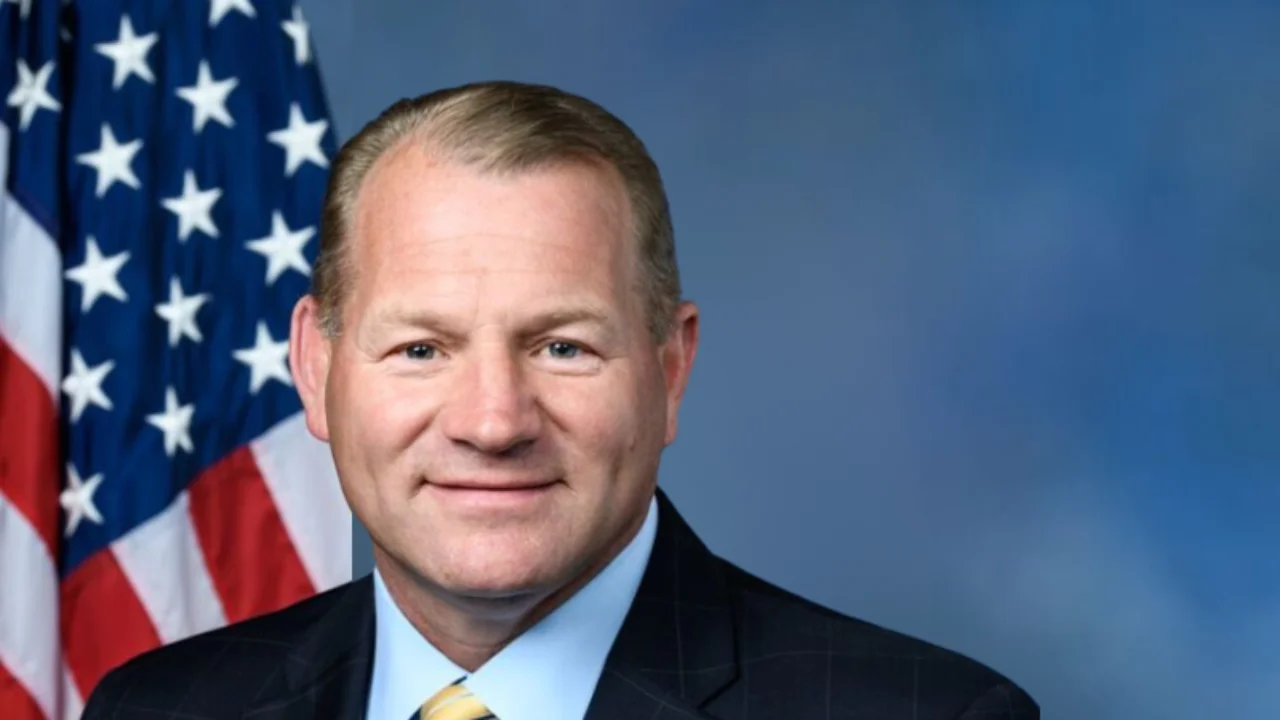Rep. Troy E. Nehls, Chairman of the House Subcommittee on Railroads, Pipelines, and Hazardous Materials in the 118th Congress, has highlighted recent legislative efforts aimed at enhancing the nation's infrastructure. The Transportation and Infrastructure Committee has advanced several key reauthorizations, including those for the Federal Aviation Administration (FAA), the Pipeline and Hazardous Materials Safety Administration’s (PHMSA) pipeline programs, and the Coast Guard. Additionally, work is progressing on the next Water Resources Development Act (WRDA).
The subcommittee's primary focus has been on the Promoting Innovation in Pipeline Efficiency and Safety Act (PIPES) Act of 2023. "This bill passed out of the committee in an overwhelming bipartisan manner and will benefit the country and the great state of Texas," Nehls stated. The PIPES Act reauthorizes PHMSA’s pipeline safety programs for four years and aims to streamline regulatory frameworks for energy transportation.
Nehls emphasized that previous congressional mandates have not been honored timely by PHMSA, creating operational uncertainties for businesses. "The Biden administration has a duty to help businesses understand the rules they are operating under so they can mitigate costs and comply with the law," he noted. The PIPES Act addresses this by requiring status updates on outstanding congressional mandates every 30 days.
The legislation also supports carbon capture and hydrogen infrastructure development, crucial for future industry advancements. It includes provisions to reduce pipeline excavation damage incidents and introduces criminal penalties for intentional damage to pipeline operations.
Parallel efforts include oversight hearings on Amtrak and rail safety, particularly addressing issues stemming from incidents like the East Palestine, Ohio derailment in February 2023. Nehls expressed satisfaction with improvements in rail safety statistics: "Railroad accidents and injuries are down 27% from 2000-2023, collisions are down 62%, and hazmat incidents are down 75%."
In January, a hearing focused on grade crossings underscored their role as critical points where most rail-related deaths occur. Nehls advocates for increased federal funding for eliminating these crossings through programs like the Railroad Crossing Elimination Grant Program.
"I believe closing as many crossings as possible will not only save lives but also reduce congestion in our rail network," he asserted.
Nehls anticipates introducing further legislation following the release of a final report by the National Transportation Safety Board (NTSB).

